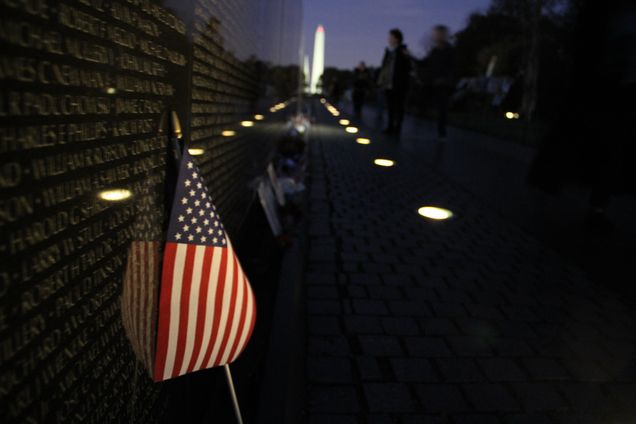Lauren Westberg
Student Journo in the Capitol
Lauren Westberg
Fall 2015
Reporting is hard. Reporting is even harder in big cities like DC and Boston where no one wants to talk to nosy reporters and even less to reporters who still use a .edu email address. And it’s a hundred times worse moving to a NEW big city. Here are some ways to help finding and getting stories in the DC area.
Resources
- Credentials: As a student journalist is can be difficult to get credentials, but it can be done through some preparation. For some events, you can register yourself as a member of the press by claiming to be apart of the BU News Service. For other events, you may be able to just use a physical BUNS press pass, but it is always best to check ahead with the event’s publicity team.
- Capitol Hill Pass: If you are interning with a media organization, you may be able to apply for a Capitol Hill press pass which will allow a higher level of access. The Capitol also offers regular day passes, which can be obtained by entering Dirksen’s security, turning left and entering the media relations office.
- Sources: DC has a wealth of resources for journalists to contact. Try think tanks, embassies, local universities and even members of Congress or National Departments.
Finding Ideas
- Daily newsletters are great. Some of the best ones to follow are theSkimm, Politico, the Huffington Post, Springwise and the Daily Beast.
- Read the news! Every day. The Washington Post is good for both local and national news.
- CNN is good for the biggest headlines; the New York Times is considered by many to be the best newspaper in the country. Trust that your supervisors will have read all of these by the time you walk in so it would be beneficial to at least have read the headlines.
- Calendars: You can plan for timely news pieces by looking at the legislative schedules for Congress, the Supreme Court and even Obama’s press schedule. These may be available at their respective sites or something that you pick up on via reading the news.
- There are conferences all the time in the city. Watch the BUDC program’s Facebook and at the bottom of Walter’s emails for a head start on finding a conference that interests you.
- Everywhere and anywhere. Some of the best story ideas come not just from following trends on TV and in the newspapers, but by listening to the concerns and questions you hear from other people around you.

Logistics
- Have a to-go bag and a notepad in case you want to cover something while you are out. In my own bag, I carry a mini recorder, a microphone that I bought online, a battery powered charger for my phone, SD cards, headphones, gaff tape and extra batteries (both AA and AAA). I also have a guerrilla tripod for my cellphone in case I want to take video.
- For broadcast students, learn to shoot video with your cellphone. It comes in handy when you are out already and don’t have the time to run back and get a real camera. Something is always better than nothing.
- DSLR’s can be better than JVC’s. Not only is the visual quality a bit better, DSLR’s can be useful in situations where a full-on, obvious video camera could attract unwanted attention. Also they are easy to use without a tripod.
- Also, tripods aren’t allowed in certain places in the city. They are not allowed near the Capitol without a permit, in many of the memorials, in Lafayette Square, or on the sidewalks near the White House. (However, tripods are allowed in the street in front of the North Lawn.)
Lauren is a graduate student studying broadcast journalism, while completing two media internships.

